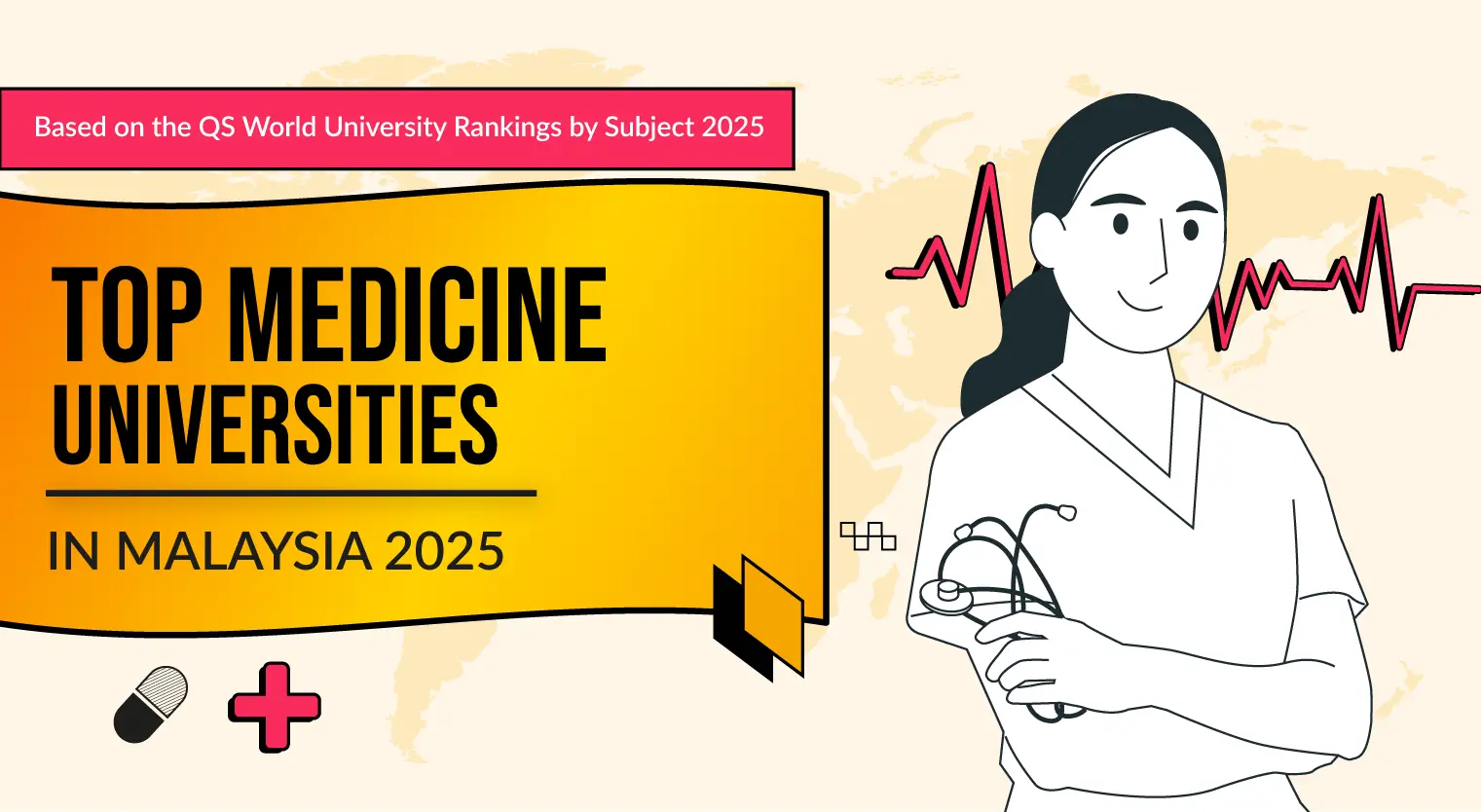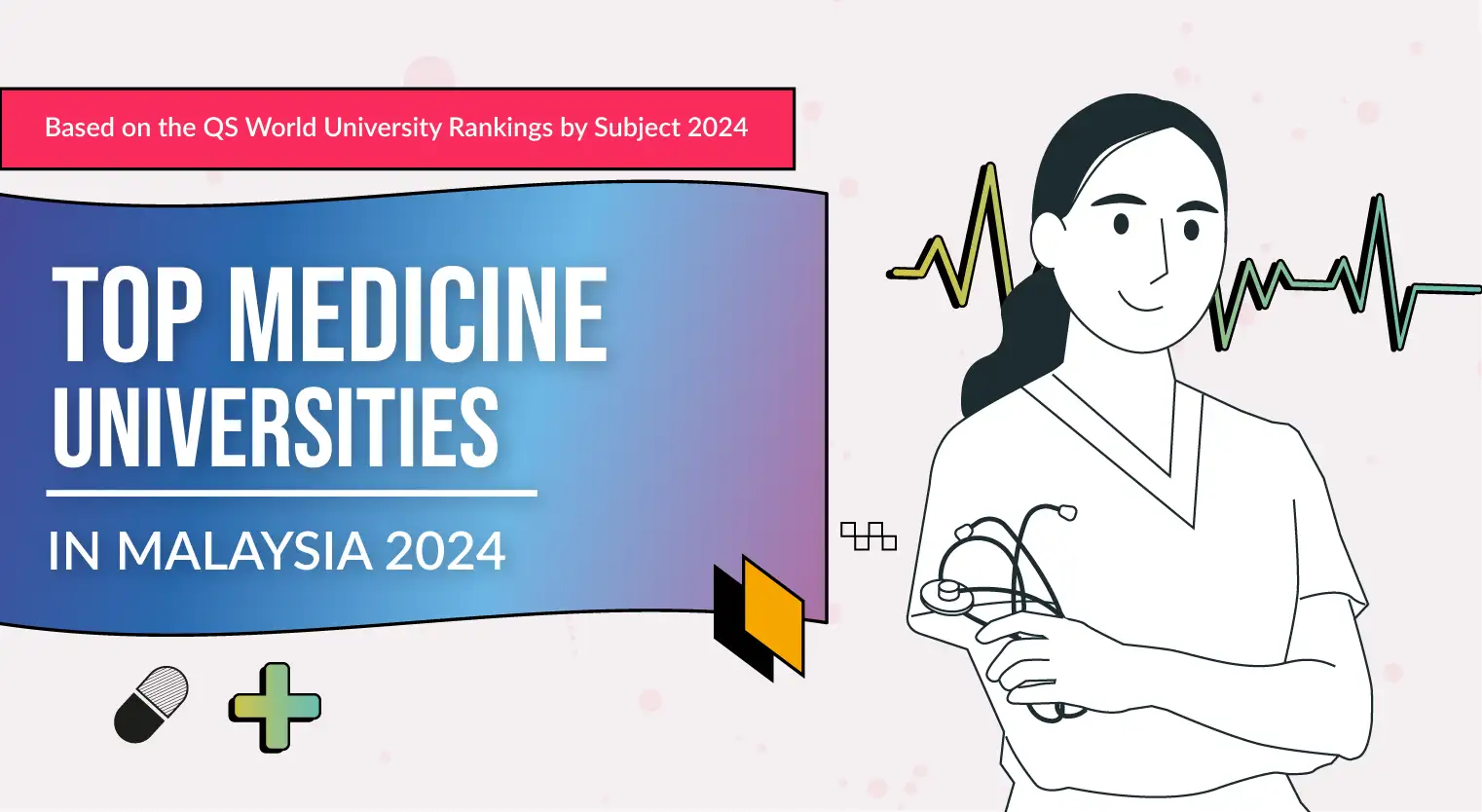Are You Being Microchipped? This and 4 Other Vaccine Myths — Debunked
Can they track us with vaccines? Here are 5 myths about vaccines you should stop believing.
Updated 23 Feb 2022
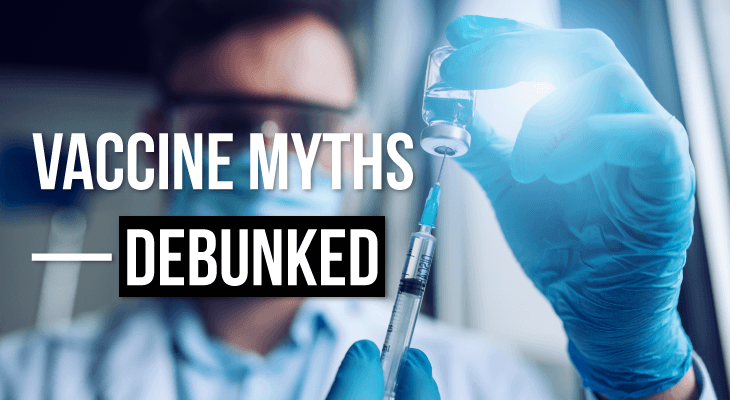
It’s been over a year since Malaysia first went into lockdown due to the COVID-19 pandemic. Since then, we’ve brewed our own coffee, baked our own sourdough bread and even made acquaintances with many pets over countless Zoom calls.
While it may sound therapeutic, there are only so many things we can do before we start losing our mind. Thankfully, with the arrival of the COVID-19 vaccines, we might not have to stay indoors for long.
If you’re still wary about taking the vaccines (“What if they microchip us?”), here are some real facts to soothe your fears.
#1. Vaccines don’t work

Actually, they do. Just not in the way you may expect them to.
First of all, a vaccine is not a cure. Its main purpose is to help you build up your immunity. When you get vaccinated, your immune system produces antibodies to fight the disease so that if you do get exposed to the disease in future, your body will be ready to destroy the virus quickly.
Secondly, vaccines, as a preventive tool, works. Yes, you can still get the flu even after being vaccinated but the symptoms are often milder. Polio, diphtheria, rubella — these deadly diseases were once everywhere but thanks to vaccines, they are largely contained.
PRO TIP
Interested in learning more about how the body works? You can start with an education in Medicine.
#2. Vaccines are made with deadly diseases
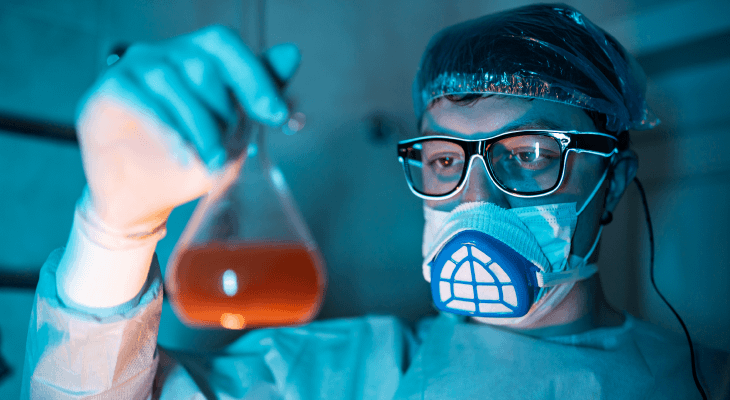
To debunk this myth, you first need to understand how the immune system works.
When a germ, such as a virus or bacteria, first enters the body, it attacks and multiplies, leading to an infection. Our body will then create antibodies to fight this infection. Once introduced, our immune system will remember the germs and can quickly dispatch antibodies to fight it.
Vaccines are created with this system in mind.
When making a vaccine, scientists use weakened viruses and bacteria. When you get vaccinated, your body is introduced to these weakened germs, giving it a chance to learn about the germs in a controlled and safe environment. In the future when we come into contact with these germs, our body will already have all the necessary information to fight it swiftly.
Technically, yes, vaccines contain germs. But its purpose is different from what you imagine.
#3. Vaccines cause diseases like autism
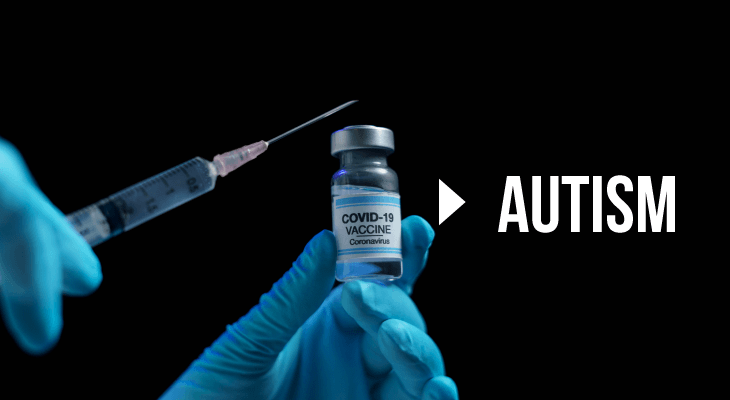
A major reason why so many parents are hesitant about vaccinating their children is the belief that it causes autism and other diseases. This is not true.
Vaccines are for preventing diseases, not causing them. The idea that vaccines cause autism originated from a doctor in 1988. However, no one else has been able to corroborate his findings. On top of that, the doctor actually had monetary reasons to lie about it. So, he’s really not the most reliable person to turn to about vaccines.
Generally speaking, vaccines do not cause diseases like asthma, sclerosis and such. Some people may develop allergies to certain vaccines but the percentage is usually low and they can always opt to take other vaccinations that do not include their allergens.
Apply for university with EduAdvisor
Secure scholarships and more when you apply to any of our 100+ partner universities.
Start now#4. “My decision to not vaccinate will only affect me.”

Like it or not, your decision to vaccinate (or not) affects everyone.
The best way to contain a disease is by achieving herd immunity — this is when a large part of the population is immune to the disease. To achieve this, almost everyone needs to be vaccinated. If enough people are vaccinated against the disease, the infectivity rate drops and the disease slowly dies out.
However, not everyone can get vaccinated. Some people — the young, old and sick — are more vulnerable than the rest. Their body can’t even handle the weakened germs in the vaccines. That means it’s up to you. As a person of good health, you have a duty to vaccinate yourself to help the community achieve herd immunity.
Vaccinations are not a personal choice. You either take it (and help shield your community) or you don’t (and risk the lives of the people around you).

#5. Vaccines have microchips to track us
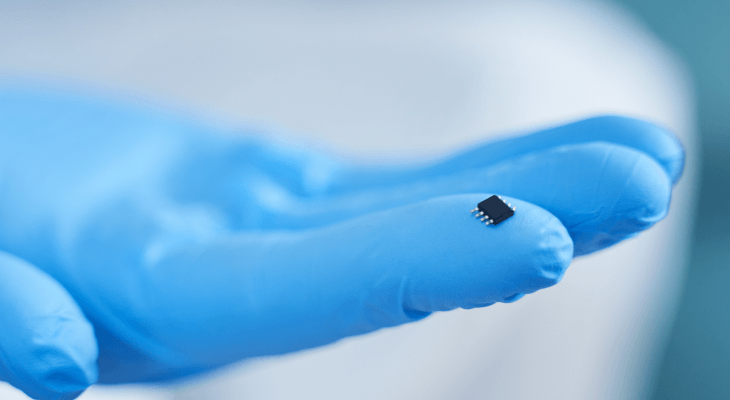
There are many ways a government can track its people. Fortunately, microchipping vaccines is not one of them.
There’s a theory going around that the COVID-19 vaccine will come with a microchip that can be used to track us. The truth is, current technology is simply not sophisticated enough for that. We do have microchips — even injectable ones — but their use is still pretty limited.
Of course, pharmaceutical companies can still choose to tag their vaccines with RFID chips but this is different from the conspiracy theory.
Tagging vaccines with microchips like RFID help to ensure a smoother rollout process for the vaccines. However, this RFID chip will not be part of the solution that will be injected in you. Knowing that difference is important. Pharmaceutical companies can track where their vaccines go by putting chips on the syringe or vial but not inside the vaccines.
Honestly, there’s nothing to fear. Vaccines are safe. And now that we’ve debunked some of the myths about it, hopefully you’re no longer hesitant about getting vaccinated.
PS: Have you registered for the COVID-19 vaccination programme? You can sign up here.




